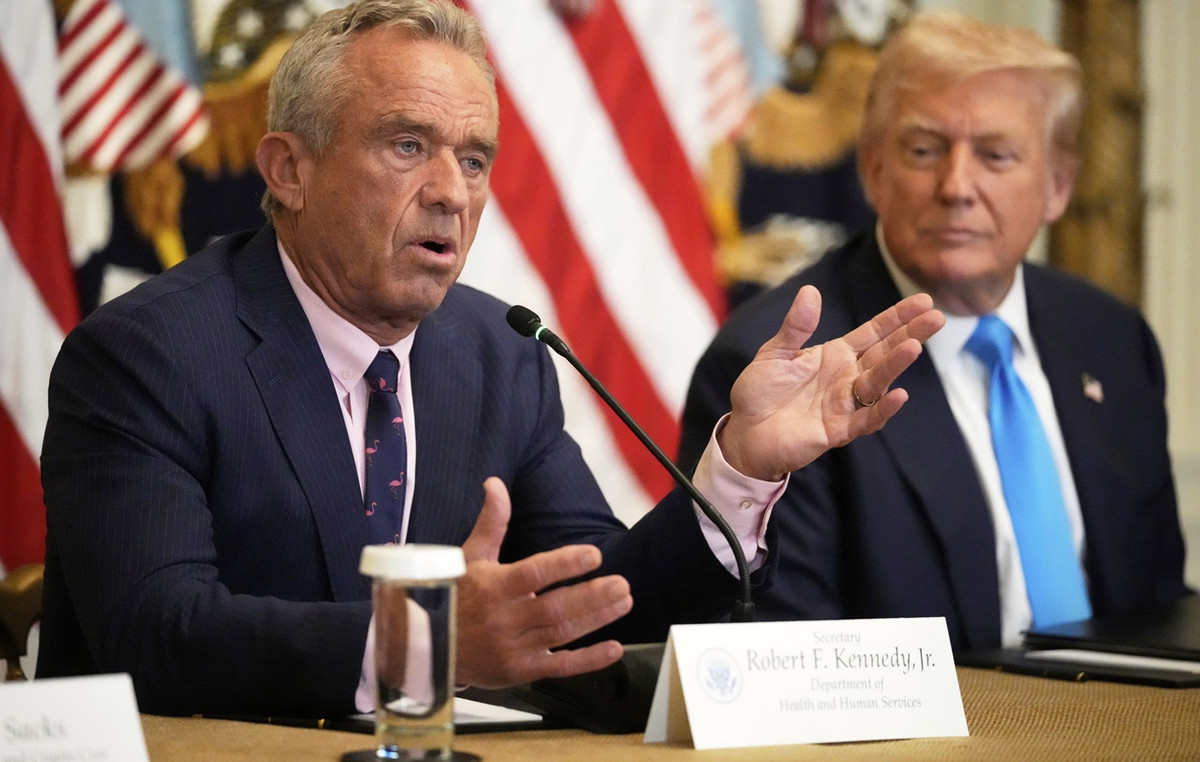In the first few months of the pandemic, Facebook only grew and became more central to our lives. With the lockdowns spreading, countless people have started shopping, socializing and working on Facebook and other online platforms.
As CEO Mark Zuckerberg said in March 2020, usage was so high that the company was “just trying to keep the lights on.”
Against this backdrop, Zuckerberg’s company made a remarkable wave of hiring.
Facebook, which was later renamed Meta, grew from 48,268 employees in March 2020 to over 87,000 in September this year.
In other words, it hired another Facebook team. And it looked like the company would only keep hiring to support its ambitious plans to build a future version of the internet called the metaverse.
On Wednesday, however, Zuckerberg changed course and laid off more than 11,000 employees, marking the most significant cuts in the company’s history.
In a memo to staff, Zuckerberg coughed up some of the most difficult words in the English language. “I got it wrong,” he wrote, “and I take responsibility for it.”
“In the early days of Covid, the world quickly shifted to online and the rise of e-commerce led to disproportionate revenue growth,” Zuckerberg wrote.
“Many people predicted that this would be a permanent acceleration that would continue even after the pandemic is over. So did I, so I made the decision to significantly increase our investments. Unfortunately, it didn’t turn out the way I had hoped.”
Silicon Valley operates on many myths, but one of them is the idea of the founder as a visionary who can see major trends for years, if not decades, to come.
But Zuckerberg is part of a growing list of prominent tech leaders who are cutting costs and issuing mea culpas after not anticipating a market lash between 2020 and 2022.
The tech industry, already seemingly invincible in early 2020, has only become more dominant during the pandemic, as other parts of the economy have been toppled.
Consumers have shifted spending online. The Federal Reserve kept interest rates close to zero at the time, giving tech companies easier access to capital. And the private and public market valuations for tech companies only seemed to rise.
As the world reopened, however, many consumers returned to their offline lives. Meanwhile, high inflation and fears of an impending recession have dampened consumer and advertiser spending, disrupting core businesses for many of the biggest names in tech after years of rapid growth.
Now the industry is cutting thousands of jobs.
Last month, home fitness company Peleton — which had been adopted by investors during the pandemic — underwent its fourth round of layoffs in 2022.
Last week, payment processing giant Stripe said it was shedding 14% of its staff.
And Twitter recently announced widespread job cuts after its new owner, Elon Musk, bought the company for $44 billion, funded in part by debt financing.
While Musk has largely been silent about the mass layoffs, Twitter co-founder Jack Dorsey, who ran the company until the end of 2021, said in a contrite thread that he takes responsibility for the situation. “I grew the size of the company very quickly. I apologize for that,” Dorsey wrote.
Patrick Collison, CEO of Stripe, one of the most valuable startups in the world, also told employees that leadership takes responsibility for the pandemic-era miscalculations that resulted in the loss of their livelihoods.
“To those leaving: We’re sorry to take this step and John and I are fully responsible for the decisions that led to this,” Collison wrote.
“We were very optimistic about the short-term growth of the internet economy in 2022 and 2023 and underestimated the likelihood and impact of a broader slowdown.”
Other big tech companies, including Amazon, Apple and Google, are now pausing or cutting back on hiring amid recession fears following a wave of expansion.
Amazon, in particular, has seen breakneck growth during the pandemic, doubling its fulfillment centers over a two-year period, only to shift earlier this year to focus on “cost efficiencies.”
The e-commerce giant is now freezing corporate hires “for the next few months” and reportedly looking to cut costs at some of its unprofitable units.
Amazon spokesperson Brad Glasser said senior leadership regularly reviews investment prospects and financial performance, adding: “As part of this year’s review, it is clear that we are taking into account the current macro environment and considering opportunities to optimize costs”.
“No one is immune”
While there have been layoffs in Silicon Valley over the years, the latest wave of cost cuts seems to be hitting every corner of the industry, including engineers and programmers who were often considered untouchables. The tech bubble may not have burst, but the bubble at the top of the bubble certainly did.
Zuckerberg said the Meta layoffs would be spread throughout the company, including impacting both its family of apps and the Reality Labs division tasked with helping to build the metaverse. He noted that some teams – such as recruiting – will be more affected than others.
With Musk at the helm, Twitter laid off half its staff, including its AI, marketing and communications, research and public policy ethics teams.
Roger Lee, founder of a San Francisco-based startup, has been closely following layoffs in the tech sector since the start of the pandemic via his website Layoffs.fyi.
Initially, his goal was to informally track staff reductions to help search for potential candidates to recruit for his own company, a digital 401(k) provider for small businesses.
Eventually, laid-off workers began submitting their own data and compiling spreadsheets for their website to attract the attention of recruiters.
“Unfortunately, I didn’t foresee how much layoffs would increase,” Lee told CNN Business 🇧🇷 With nearly two months to go, he said the number of tech employees laid off in 2022 has already surpassed 100,000 based on his data.
Lee said some of the biggest trends he’s seen recently are huge job losses in recruiting, human resources and sales teams.
While “engineers are still in better shape relative to other roles,” Lee said his data indicates that even those positions have been cut in recent months.
“No one knows how long this current period will last,” he said.
There has already been a clear shift in the mood of the industry. Blind, a popular online forum that allows employees at large companies to communicate anonymously to share interview tips and brag about compensation packages, has emerged as a sober forum where people are posting about layoffs rather than their jobs.
Some laid-off workers are also banding together on social media and crowdsourcing spreadsheets for recruiters. These workers created documents with hundreds of names and LinkedIn profiles (as well as visa statuses) of former Twitter and Meta workers.
While some companies may be better equipped to weather the storm than others, it is becoming apparent that no company is completely unchanged, said Nikolai Roussanov, a professor of finance at the Wharton School at the University of Pennsylvania.
“Technology has been badly hurt precisely because it was seen as very immune to fluctuations in the real economy, but in the end, no one is immune,” Roussanov said. “And that insight, I think, is important and perhaps what has contributed to these high ratings dropping so quickly.”
Meta’s market cap has dropped from a peak of more than $1 trillion last year to less than $300 billion. Meanwhile, Amazon has seen its market cap drop by $1 trillion from its peak last summer.
Roussanov said current fears of a recession aren’t unwarranted, but in many ways “there’s a bit of a self-fulfilling nature to that.”
He added: “As these fears become more and more pervasive, they decrease people’s consumption, decrease business investment, and that kind of snowball in itself.”
What is happening in technology now is “perhaps a taste of what is yet to come” elsewhere, Roussanov said.
Source: CNN Brasil
Joe Jameson, a technology journalist with over 2 years of experience, writes for top online news websites. Specializing in the field of technology, Joe provides insights into the latest advancements in the industry. Currently, he contributes to covering the world stock market.







